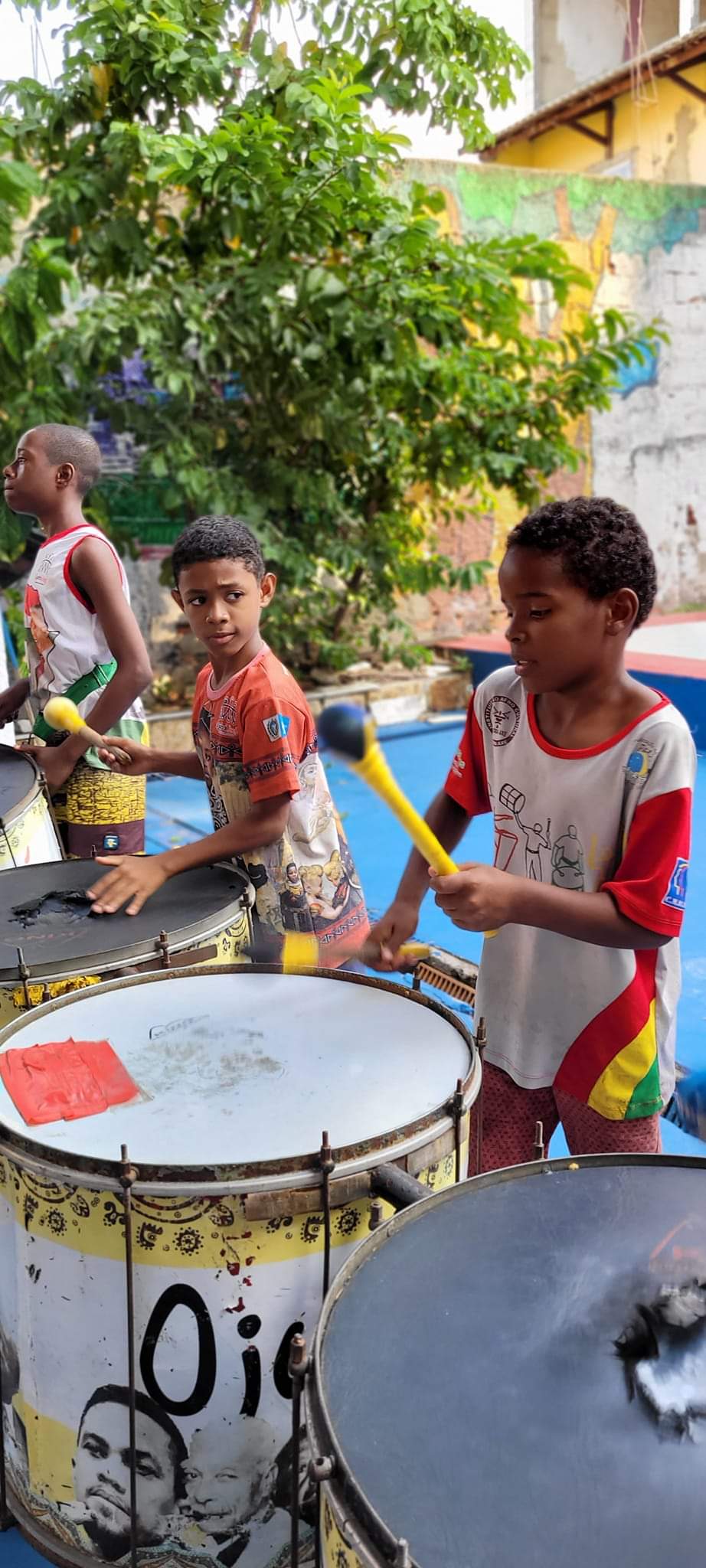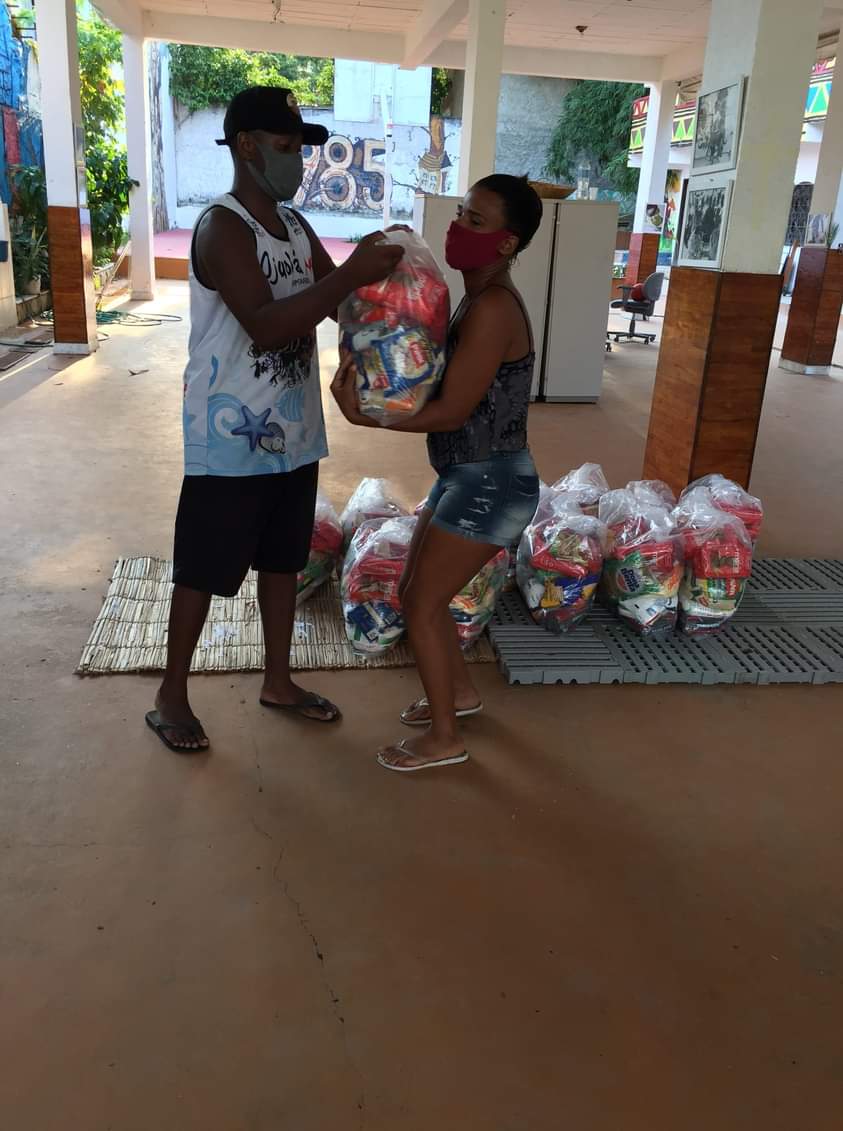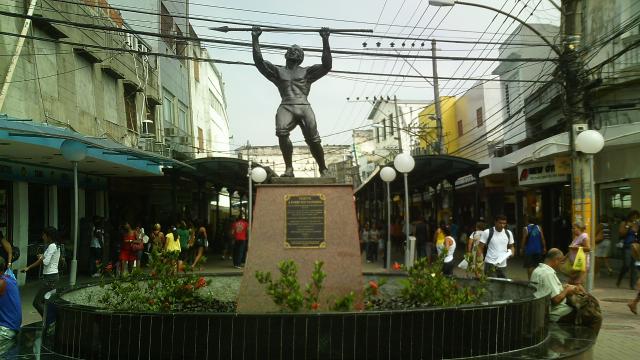Ojuoba Axé, a 37-year milestone dedicated to resistance on the outskirts of Duque de Caxias – RJ
An organization close to the favelas in the central region of the important municipality of Baixada Fluminense accumulates decades of resistance and services to the population


Ojuobá Axé is an institution founded in the Centenário neighborhood, in Duque de Caxias – RJ, in 1985 by Evanderlina Guimarães, better known as Luana. Coming from the city of Salvador-BA, she is the oldest of 12 siblings. Luana confides that she learned from an early age to fight racism in order to protect her younger siblings. She is also one of the founders of the first African-Brazilian bloc, Ilê Aiye – which, during the military dictatorship, took over the streets to denounce racism in Brazil.
The headquarters are located in the Centenário neighborhood, close to the communities that make up the Mangueirinha Complex. Ojuobá has become a second home for many children and adolescents, offering many activities such as: school tutoring, theater, dance, futsal, basketball and sports classes, in addition to social assistance and pedagogical support. During the most critical moments of the pandemic, Ojuobá distributed food baskets and gas cylinders to the families of the students and the surrounding community.

Also known for the percussion school, Ojuobá Axé is today a leading Afro group in Rio de Janeiro, having performed for Nelson Mandela, Maria Bethânia, among others. It was through percussion that many young people left the streets and found themselves in music.


“I met Ojuobá when I was a child. Every time I passed by I heard the band rehearsing, so one day I entered and never left. This has become my home and this is where I get my salary from”, says Danilo, band master and former student at the institution.
Social and historical contribution of Ojuobá Axé
Throughout its journey, Ojuobá had many achievements: one of its most notable is the statue of Zumbi dos Palmares right in the center of Duque de Caxias. In an interview, Luana talks about the importance of the tribute.


“At the time of slavery, many blacks were sold where Raul Cortez’s square is today. I think it’s important to symbolize a true hero to represent our people”, states Evanderlina Guimarães, Luana do Ojuobá Axé.
Find out how to accompany and support Ojuobá Axé!
The Institution’s headquarters are located at Rua CEL. Alberto de Melo, 391- Vila Centenário, Duque de Caxias – RJ. To know and participate in the projects, check out their social media, such as Ojuobá Áxé’s Instagram profile. It is also possible to contribute financially by Pix or bank transfers, just send a message on their profile for additional information.


